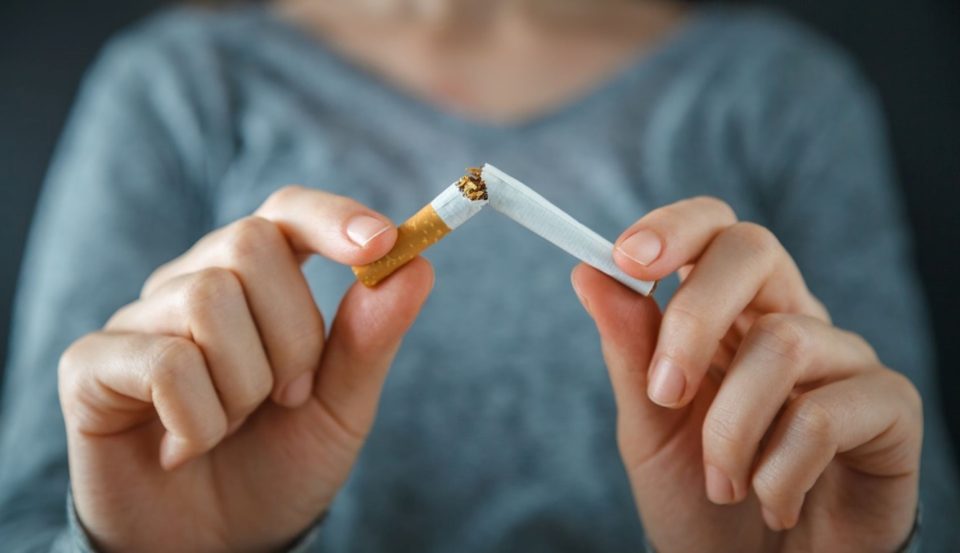If you have the habit of smoking, and thinking about weight loss surgery, then there are certain things your bariatric surgeon will request you to do. One of these things is to try and give up the smoking habit before the surgery.
Smoking is associated with numerous health issues, including various kinds of cancer. Many patients suffering from obesity are already at a greater hazard for certain cancers and other medical illnesses that are too associated with smoking. These can be a stroke, heart ailment, or esophageal cancer.
Also, smoking can cause several post-op complications, decelerating the recovery procedure and lessening the possibilities of successful weight reduction.
Giving up the smoking habit is not easy for many, but medical experts can help. Let us discuss the risk associated with smoking before a weight loss procedure.
Possible Results of Smoking before a Weight Loss Surgery
- Marginal ulcers
Ulcers are very common among grown-up smokers. However, following weight loss surgery, the possibility of having ulcers considerably increases. In a grown-up with good health, ulcers get well on their own by pumping blood to the stomach. However, following the procedure, the smaller tummy restricts the blood flow to the stomach. As a result, it affects the capability of ulcers to restore to health.
- Wound revival and infections
Wound infections are a severe problem for those who smoke before weight loss surgery. Usually, those who smoke have reduced blood flow because of vascular occlusion. The recovery procedure can be greatly affected if insufficiently oxygenated blood is pumped into the surgical wound, as the weight loss procedure entails cutting and stapling the intestines. This can cause infections because oxygen is the main cause of wound healing.
- Pulmonary Complications
No matter what type of bariatric surgery in Lubbock you undergo, you might suffer respiratory problems and a compromised immune system since your body cures the surgical wounds. If you have the habit of smoking, you may already have damaged lungs, making it tough to receive sufficient oxygen required for recovery. This can lessen the capability of your lungs to ward off infections, leaving you susceptible to developing pneumonia or any breathing problem.
Do many people have a question in their mind about: No Caffeine after Bariatric Surgery? Why? If you are also thinking about the same, make sure you are reading the reasons below:
- Caffeinated beverages are acidic and can irritate the stomach.
- Consuming excessive caffeine increases urination that can result in dehydration.
- Drinking caffeine can lead to digestion problems, too.

